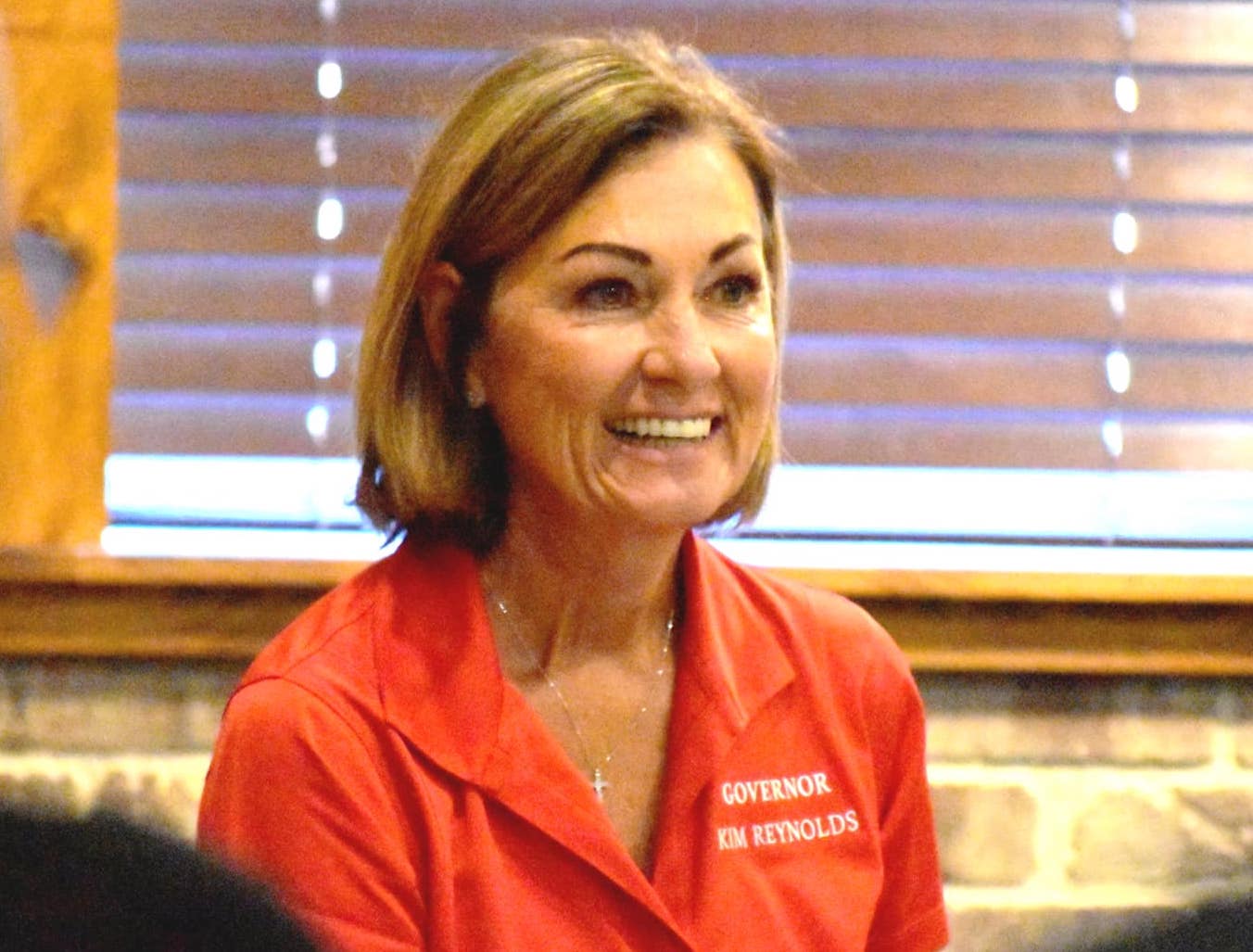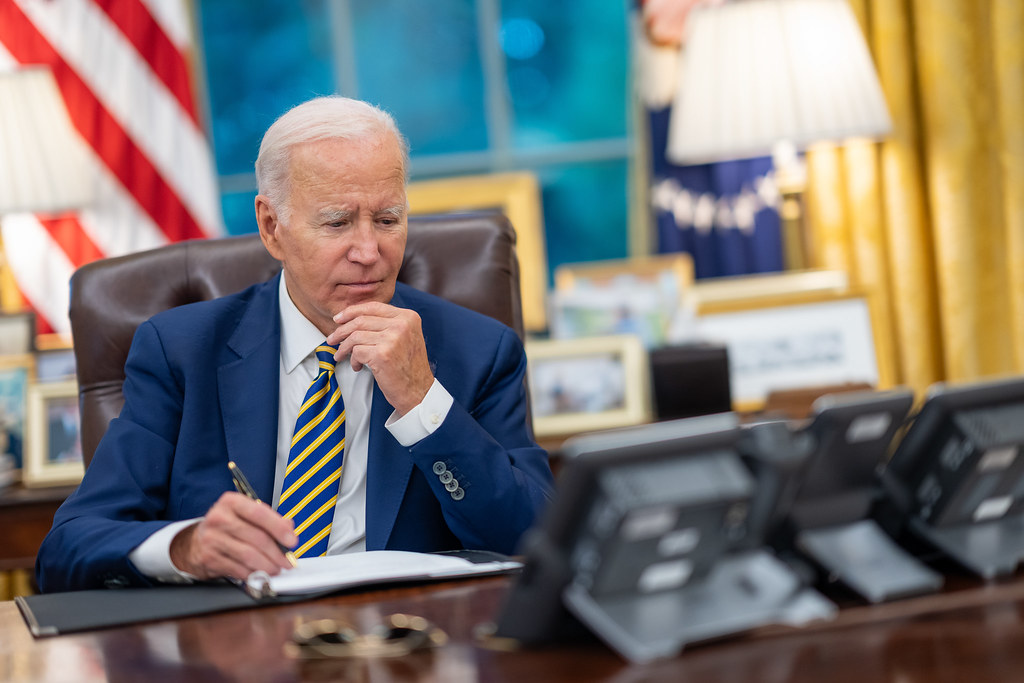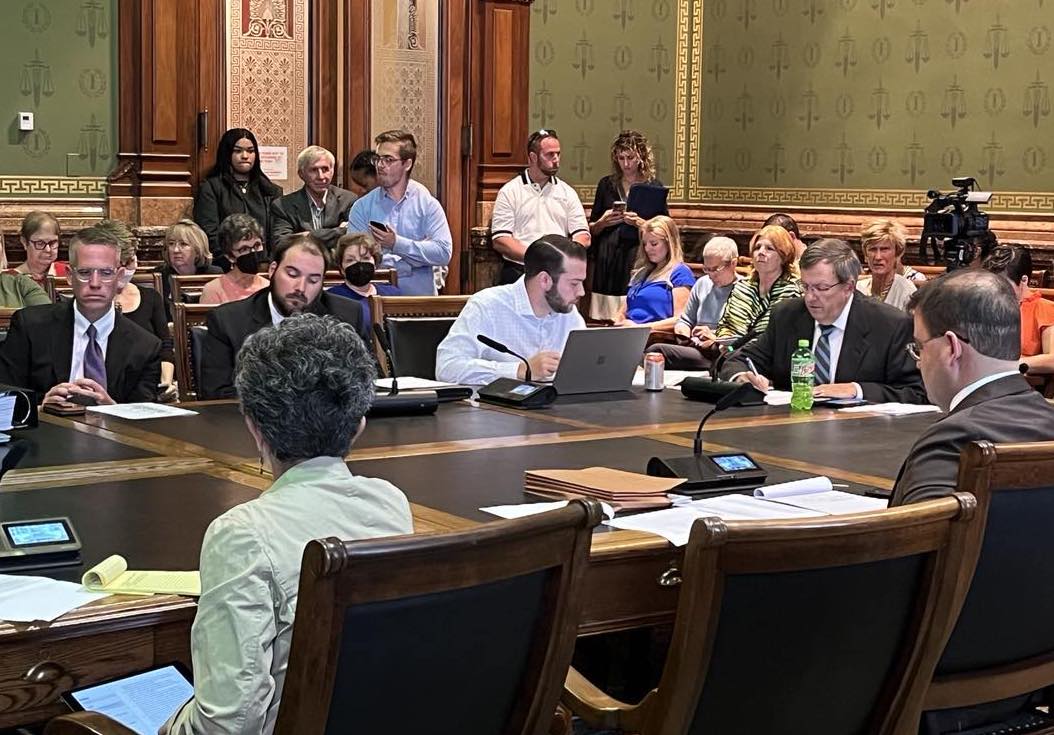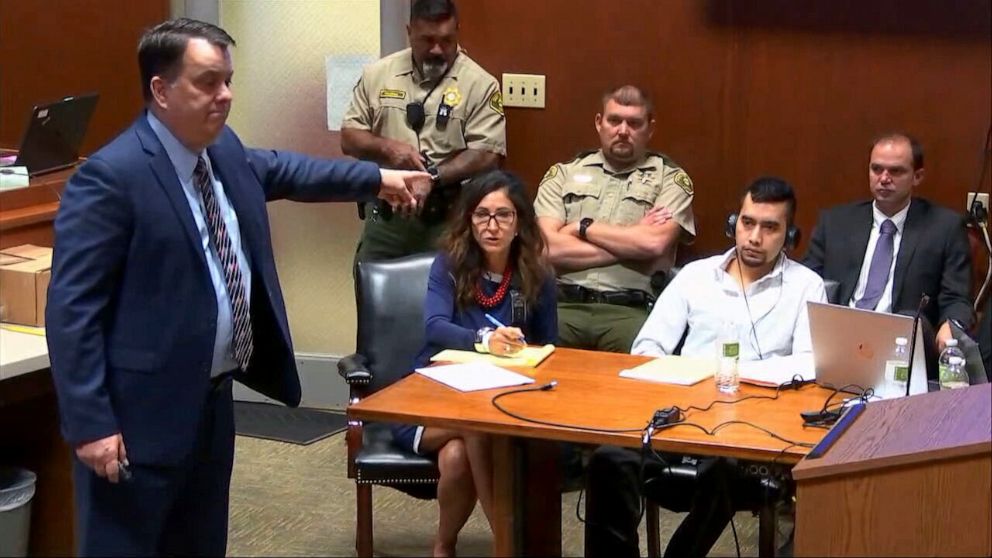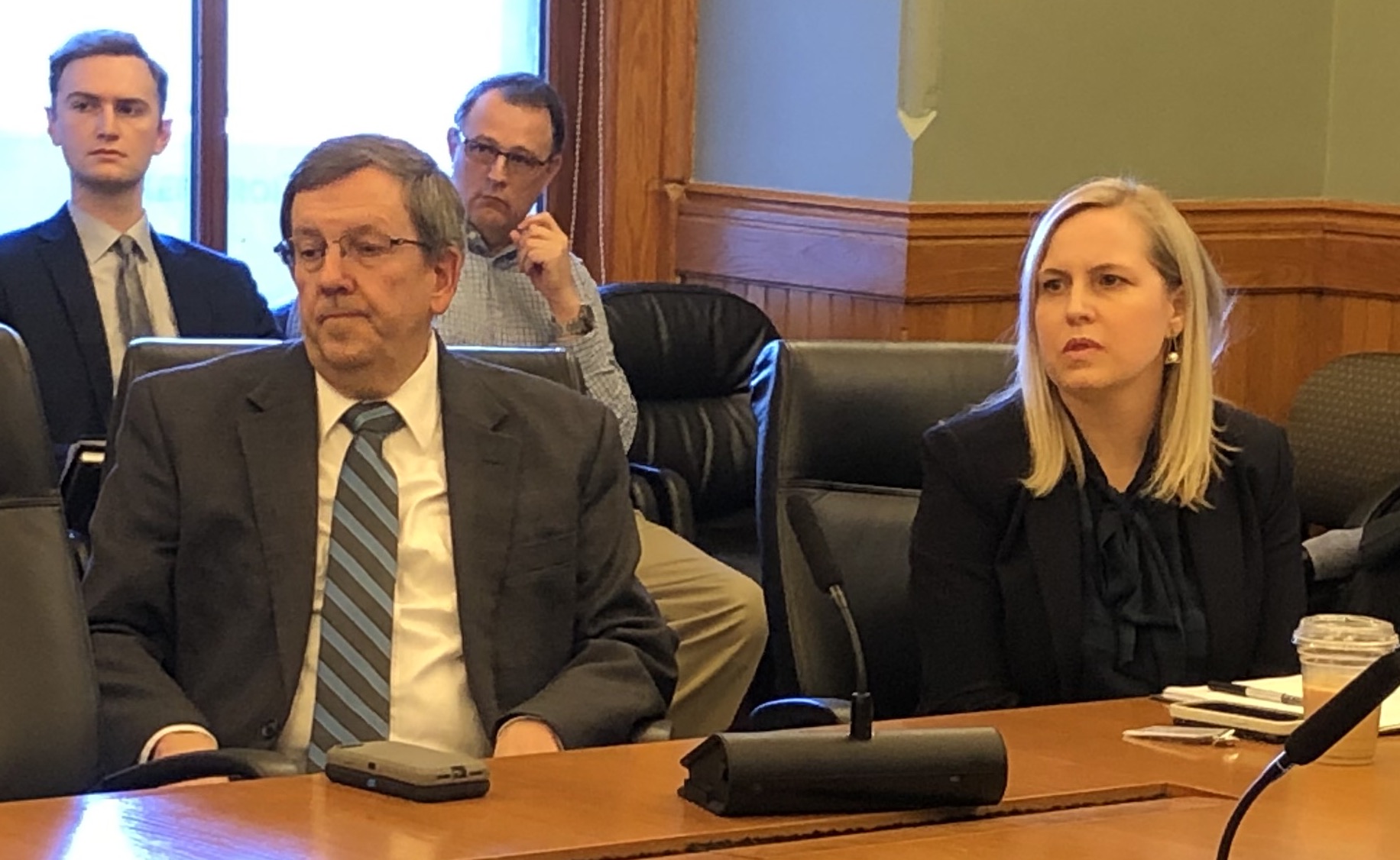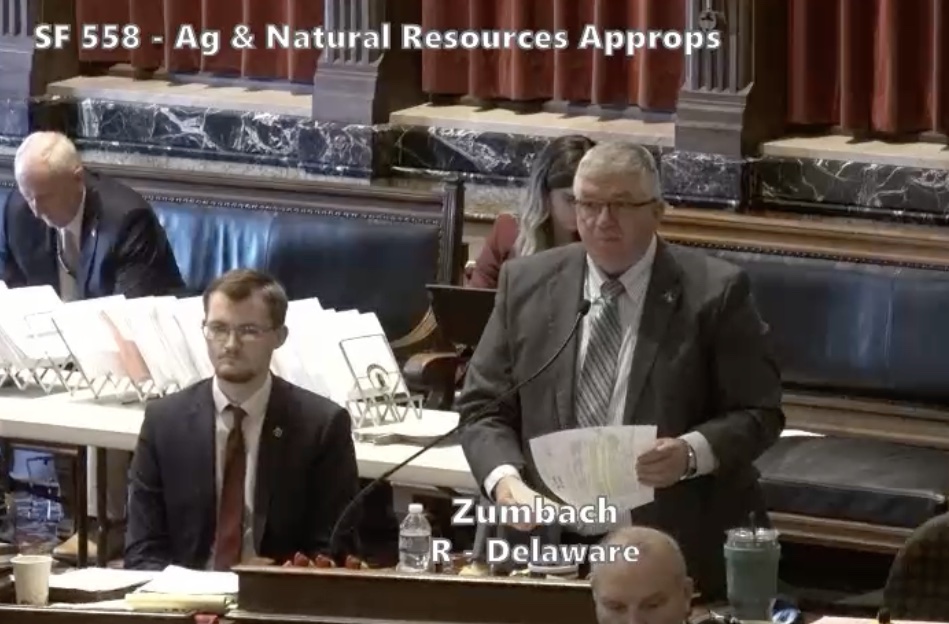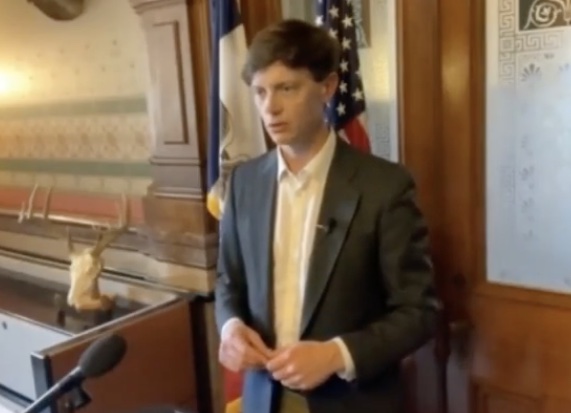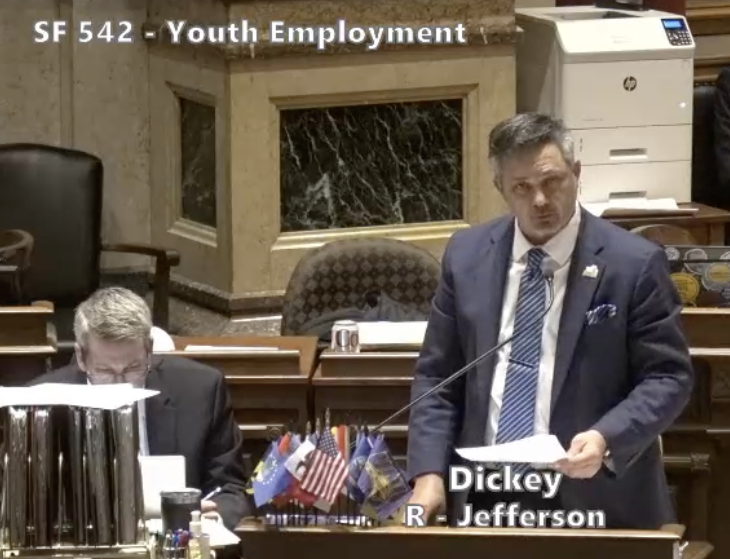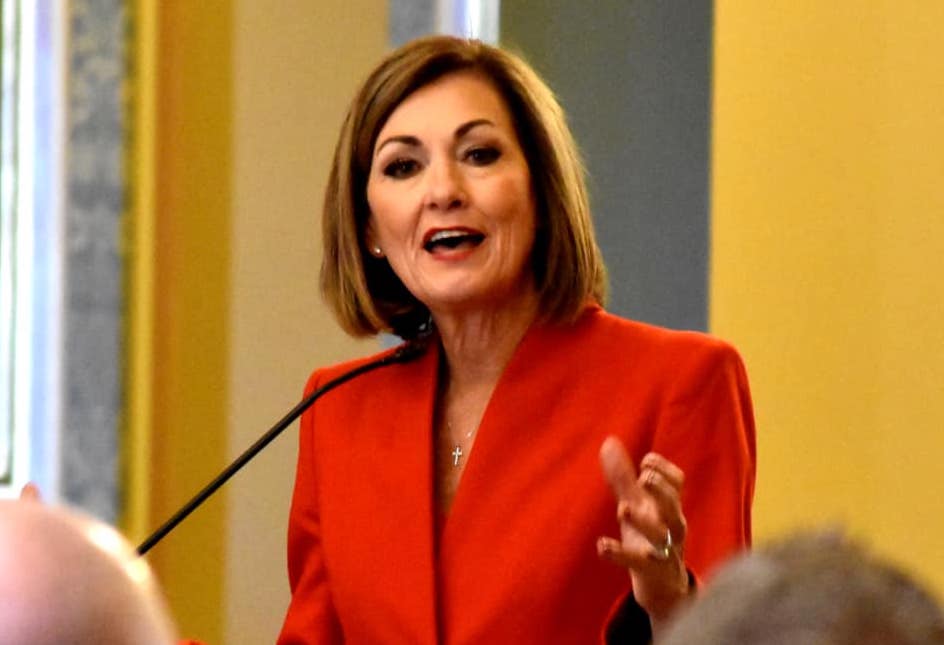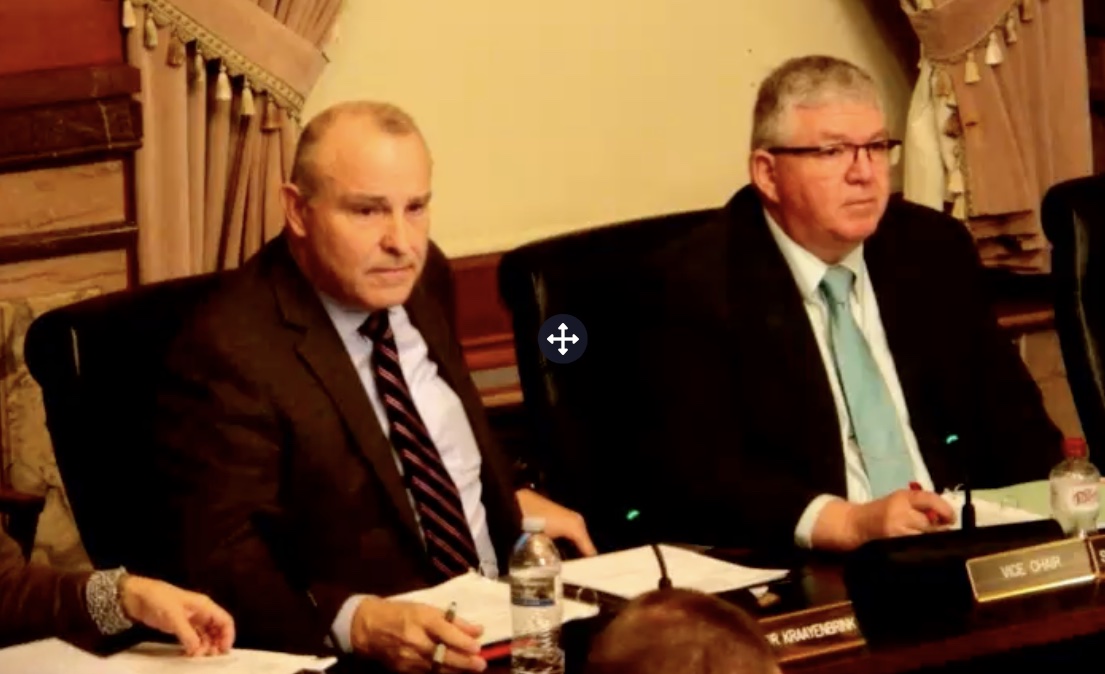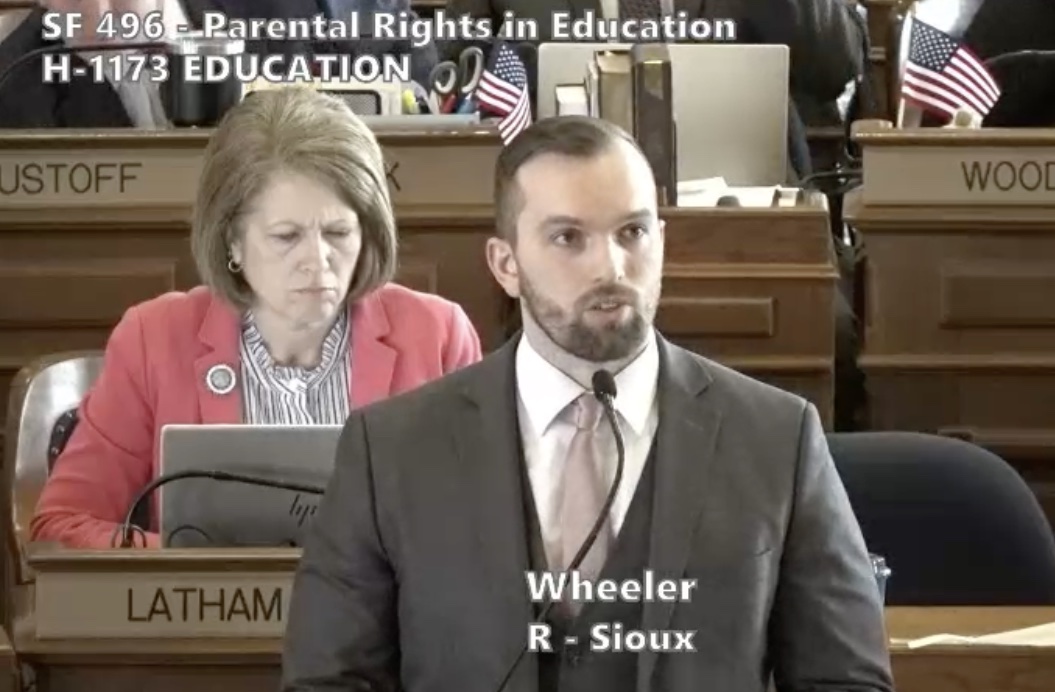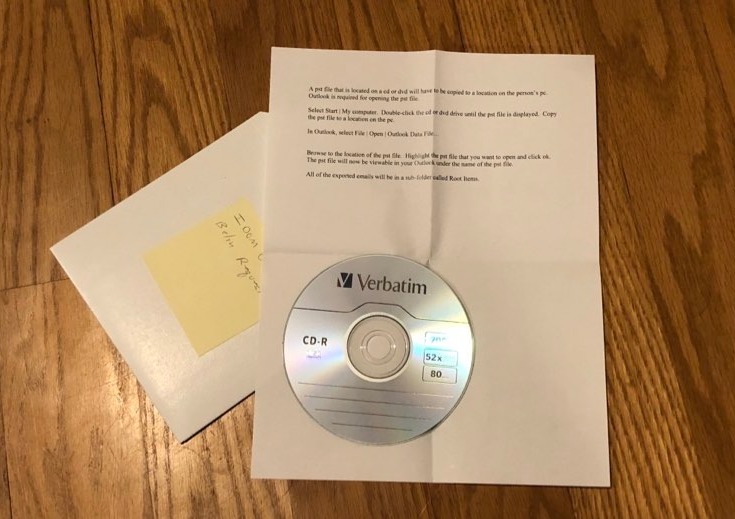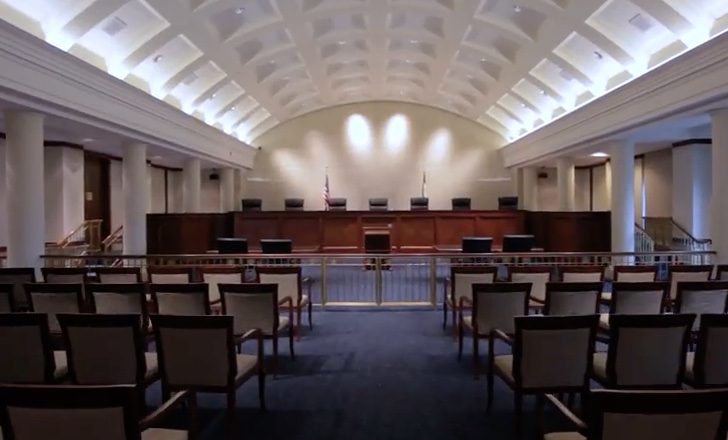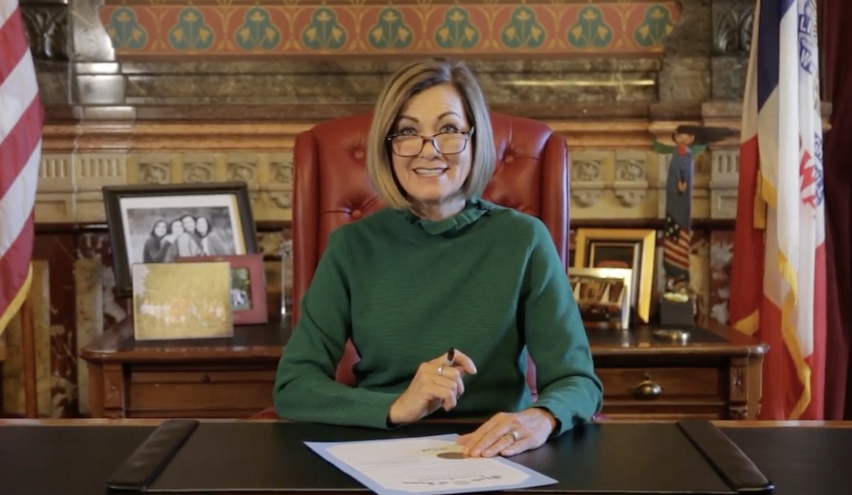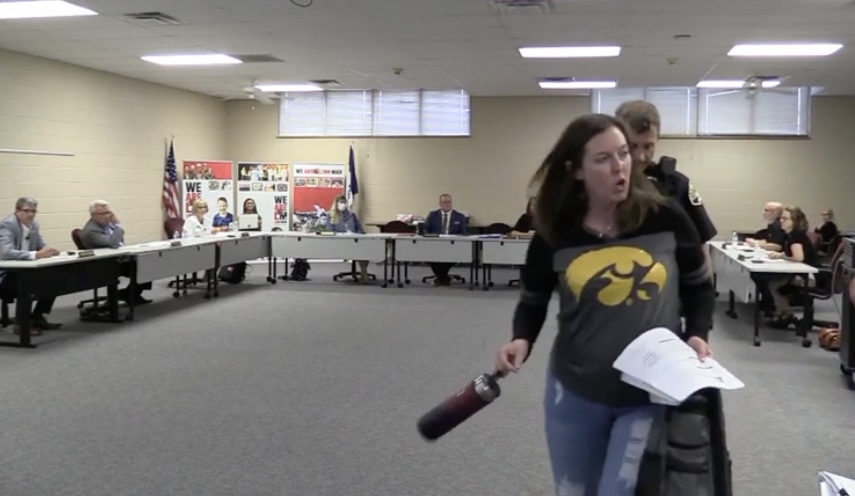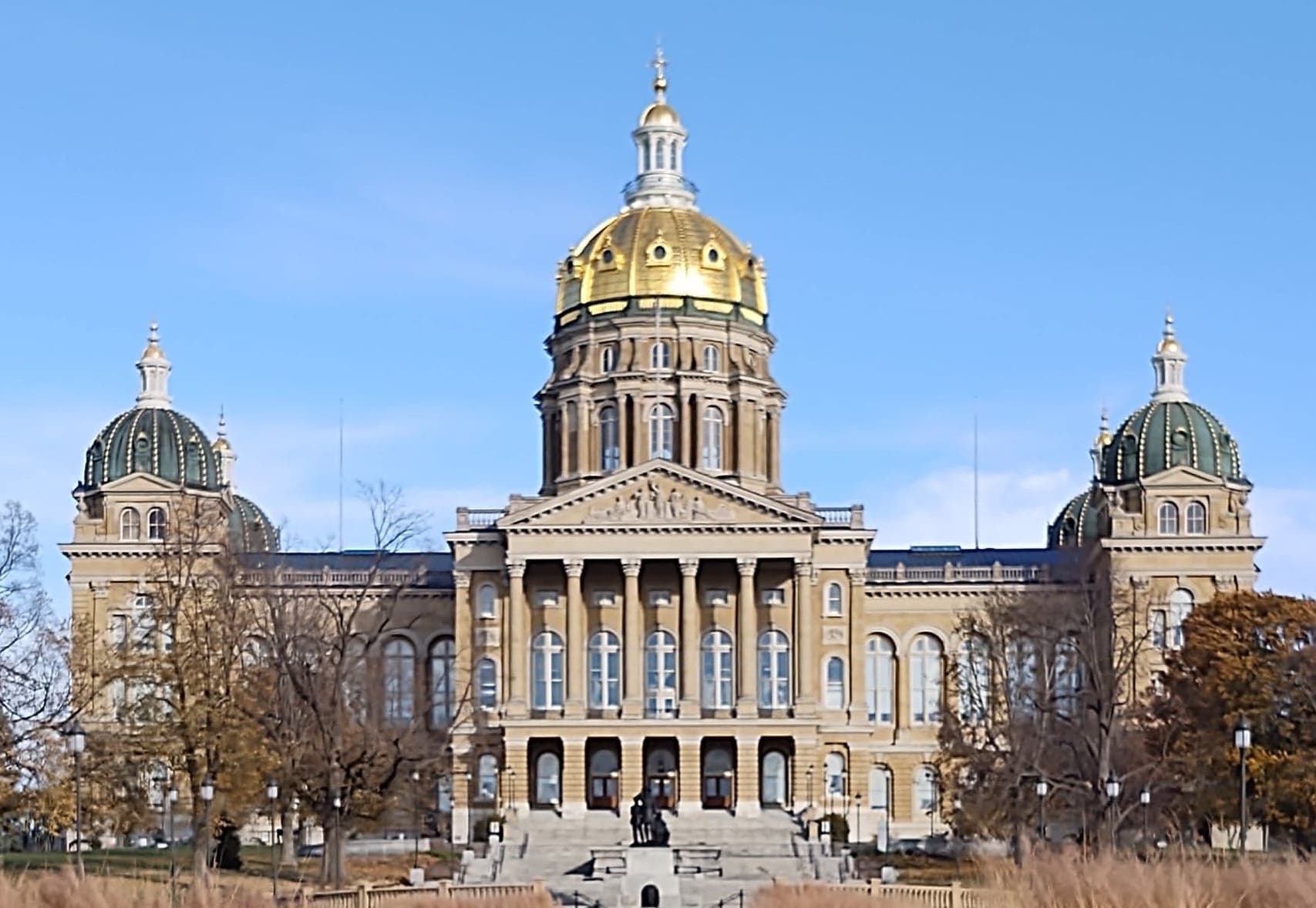
Doris J. Kelley is a former member of the Iowa House and former Iowa Board of Parole Chair, Vice-Chair and Executive Director.
After being re-elected to the Iowa House of Representatives, I met newly elected State Senator Kim Reynolds in 2009 at an event where a bipartisan group of “veteran” legislators were giving advice to newly elected ones. My next interaction with Reynolds was when she was lieutenant governor, and Governor Terry Branstad appointed me to serve as Vice-Chair of the Iowa Board of Parole. After I was promoted to chair that board, I met frequently with Branstad and Reynolds, apprising them of the progressive measures the board was undertaking.
Two recent surveys by Morning Consult, released in late October and late November, identified Reynolds as the country’s governor with the highest disapproval rating. A summary of the October poll noted, “her unpopularity increased partly because of a surge in negative sentiment among independent and Republican voters during a year in which she signed a strict anti-abortion law and took a lashing from former President Donald Trump …”
What has happened to Iowa since Reynolds assumed the office of governor on May 24, 2017?
Continue Reading...
